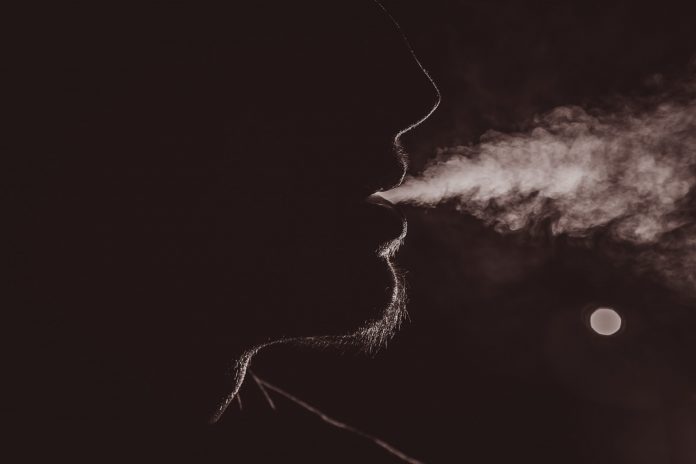The Therapeutic Goods Administration (TGA) rejected Philip Morris International’s (PMI) proposal to sell heat-not-burn (HnB) tobacco products in Australia.
Lung Foundation Australia welcomed the move stating that as the nation’s leading and most trusted lung health charity, it endorses the unequivocal, evidence-based decision of the TGA.
The TGA found that there are significant safety concerns with HnB products, and that the nicotine in the products presented a severe hazard from repeated use leading to potential addiction and a significant risk of producing irreversible toxicity, which may involve serious, acute or chronic health risks or death.
The TGA were also satisfied that HnB products can expose users long term to a range of known and unknown toxicants. Lung Foundation Australia is also pleased that the review did not identify compelling evidence in support of the ‘harm reduction’ claims made by pro vaping and e smoking advocates.
“On behalf Australians experiencing lung disease and those health professionals that support our work – and all Australians who contributed to our submission to the TGA, we are pleased that the TGA’s has taken the decision to reject PMI’s application to sell HnB products in Australia,” says Lung Foundation Australia Chief Executive Officer Mark Brooke.
“In taking such clear and strong stance, the TGA have protected the 30 plus year gains Australians have made in ending nicotine addiction and secured a stronger respiratory health for all Australians – particularly young Australians.
“HnB devices are addictive, dangerous and designed to deliver big profits to Big Tobacco. Lung Foundation Australia will continue its fearless evidence-based advocacy to achieve a tobacco-free future for all Australians,” says Mr Brooke.









